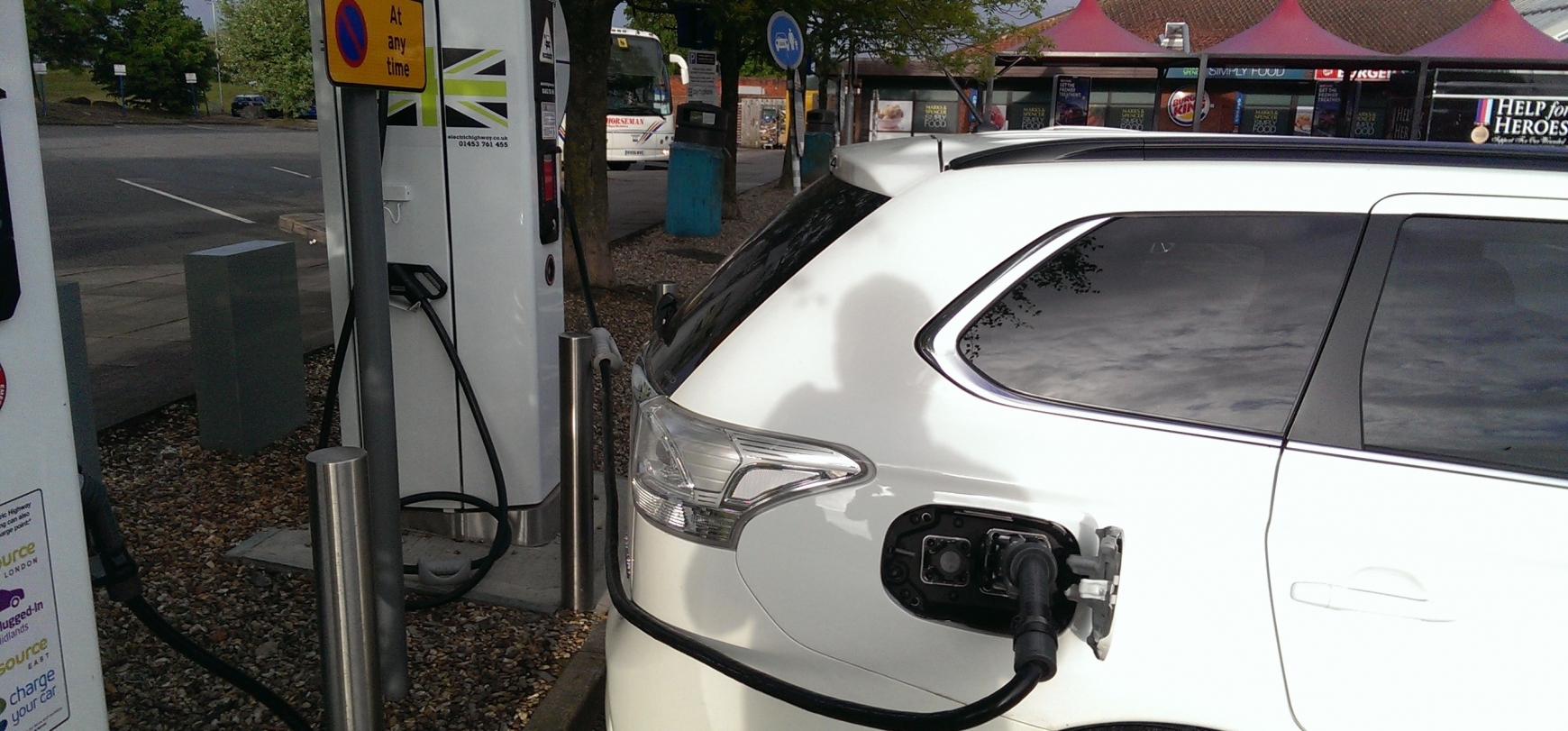I recently read some interesting news about electric cars and their relentless takeover of our roads. Dutch Bank ING reckons that within two decades all cars sold will be electric. Also, National Grid has predicted that by 2030, which is only 13 years away, peak electricity demand from charging could increase by as much as 8 GW. That’s a couple of decent sized power stations worth of load.
This shift of transport energy away from fossil fuels bodes well for a growing renewables sector because the charging of transport batteries is not completely time bound. For most of us, our vehicles sit about for the best part of the day waiting to be used, so they can be charged at any time. As renewable power generation is quite often sporadic, matching possible charging times with peak renewable energy generation starts to make practical and economic sense.
It does mean, however, that the way electricity tariffs work and how the grid is organised and controlled will need some serious thinking about. Expect some developments over the next few years, hopefully giving better tariff rates for solar and wind electricity, and providing more incentive for their establishment.


